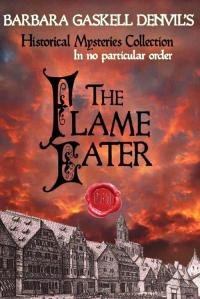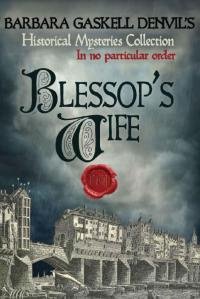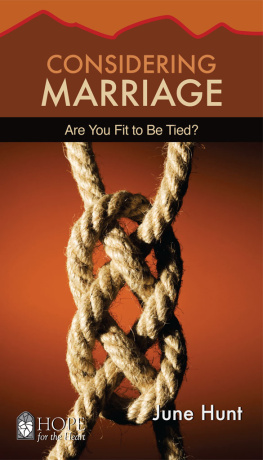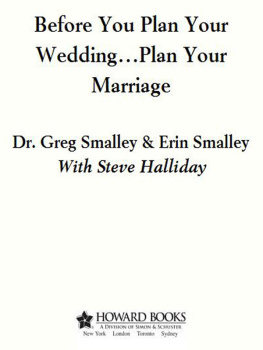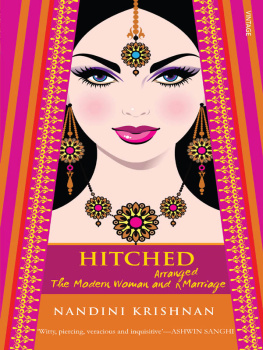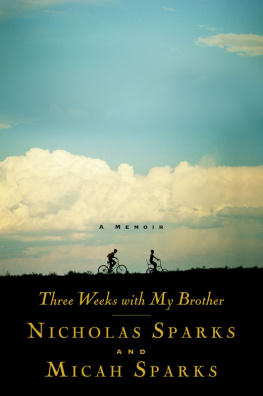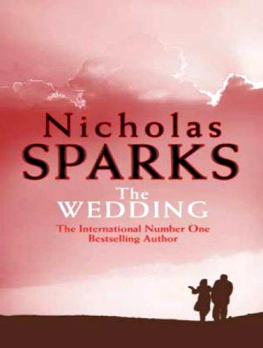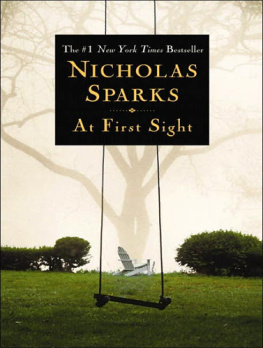Barbara Gaskell Denvil
THE FLAME EATER
2016
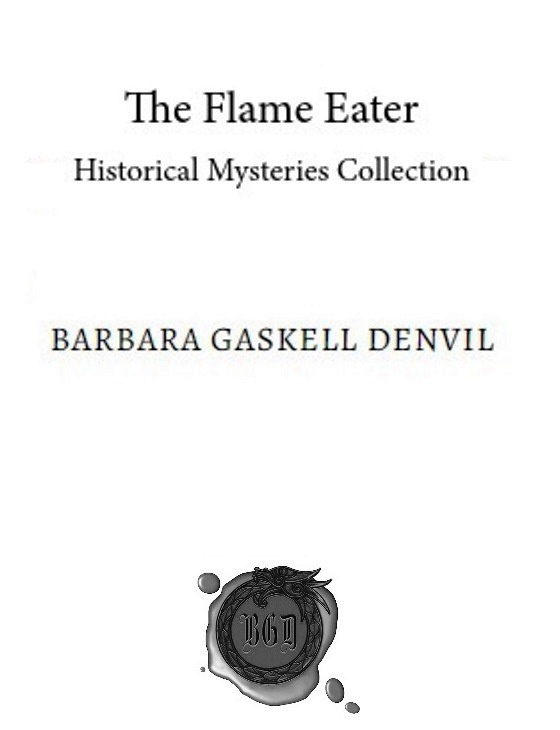
My first love was always medieval mystery, crime and romantic adventure. This all started with a fascination regarding the events and living conditions of 15th century England. With great enthusiasm, I began researching this period when I was just a young child.
When I started writing some years ago, I set the books during that time, I quite quickly made the choice to translate my books into modern English. Thou art a scoundrel, just didnt appeal, and no one would have wanted to read it. I certainly wouldnt have wanted to write it. However, this leaves the author with a difficulty. Do I use entirely modern words, including slang, or do I create an atmosphere of the past by introducing accurate 15th century words and situations.
I made the choice which I continue to follow in all my historical books. I have been extremely strict concerning historical accuracy in all cases where I describe the background or activities. I do not, on any page, compromise the truth regarding history.
Wording, however, is another matter. For instance, all men (without titles) were addressed as Master But this sounds odd to our ears now. Only young boys are called master now. So I have adopted modern usage. Mr. Brown, has taken over from Master Brown. Its just easier to read. I have used some old words (Medick instead of doctor for instance) but on the whole my books remain utterly historically accurate, but with wording mostly translated into modern terminology, which can be understood today, and hopefully allow for a more enjoyable read.
I was once criticised for saying that something had been bleached. (I didnt imply that they went to the local supermarket and bought a plastic bottle of the stuff, paying on credit card). But yes, in that age bleaching was a common practise. They used various methods including sunshine and urine. But it was bleaching all the same.
Indeed, nowadays most writers of historical fiction follow this same methodology.
I would love to know your opinions on this, so do please get in touch.


The curve of his thigh skimmed the melting candlewax. He sat amongst the platters, the rolling cups, the crumbs and scattered food, watching the reflections from the chandelier play along the polished pewter. He swung one leg, tapping his foot against the side of the table. His other foot rested on the body lying beneath.
A small flame hissed as the toppled candle stub extinguished in the spilled wine, for the table setting had been ruined in the struggle. Cold pork crackling and crumbled honey cakes lay strewn beneath the swing, swing, tap, tap of his foot, and the red wine puddled with the red blood, seeping to the edges of the rug.
The man stood eventually, looking down at the corpse as it sprawled, tongue protruding, eyes glazed. From the fallen wine jug, the trickling Burgundy dripped to the gaping mouth below. The man watched and smiled, but finally shrugged, clearing his thoughts of whimsy as he bent to finish his work and start the fire. As the first little flame rose amongst the piled napkins, the man turned and strode from the hall.
Outside the stars were singing. So he knew he had done the right thing.
They found his lordships charred remains within the hour. The messenger set off just minutes later, riding hard for the castle and his lordships father.
The curve of his thigh, sleek in fine grey wool, rested peacefully against the table, avoiding the mess of pottage. Another table; a far smaller table, gouged along its outer edge, one leg wedged with splintered willow chips to keep it stable, a smeared slime of onion and smashed turnip across its surface and the faint smell of smoked bacon rind. Another candle stub hissed, extinguished in thick trickling soup. The drip, drip of the sour green slid from the table to the ground where it was absorbed, not by the dry beaten earth but by the neat white apron of the woman lying there, her legs askew and her mouth slack lipped and open.
The body did not bleed, as the other had. Around the neck were black bruises, the marks of fingers, and the welts of a leather belt.
In the deepening shadows, the hearth was cold and no faggots were stacked. The cauldron hung empty, the poverty apparent. What food was now wasted, its spilled remains already congealed, was all there had been.
A chicken pecked at the womans outstretched hand, accustomed to more active fingers that scattered seed beneath the old table.
The man stood watching a moment. Then he buckled his belt back around his doublet, pulled it tight and readjusted the clip on his hat, flicking its small brim from his face. As he strode from the tiny dark chamber, he looked back once and smiled.
The fire he lit took hold almost at once, surging up the walls into the flimsy rafters, and sucking at the wattle, the daub and the thatch. Scarlet and gold roared upwards, gathering force and threatening the tenements close by.
The man was some distance away when the fire discovered the womans body, and claimed her grey frizzled hair, her careful little headdress, her outworn clothes and her tired old flesh.
Eyes down, feet together and hands clasped neatly in her lap as the low winter sun warmed the back of her neck, the young woman waited. Her mother said, Look at me, Emeline. I want to make sure you are not glowering. And when you promise to obey me, as you certainly shall, I need to see the willing obedience in your expression.
Emeline said, You know Ill obey you, Maman.
And dont fidget with your fingers, Emma. Idle hands make for idle thoughts. It is high time you were married.
She had not raised her chin, and spoke to her fidgeting fingers. But he is dead, Maman, as we all know.
Dont be absurd, child, said the baroness. You understand me perfectly well and will now marry the wretched mans brother, since your father has not the slightest intention of allowing all that tedious negotiation to be wasted. The families will be affiliated, whichever brother is the target. And since Nicholas is now heir to the title, it is him you shall have.
The baronesss eldest daughter sat in silence for a moment, her gaze studiously blank. Finally she mumbled, But I hate him. Everybody hates him. Do you mean me to marry a murderer, Maman? and then wished she had not said it.
The Baroness Wrotham was standing very straight in front of the vast fireplace, and as she drew herself straighter and taller, the wind whistled down the chimney and black smoke gusted out in a small ball of fury. May the Lord forgive me, said her ladyship, if I strike you one day, Emma, but if you ever say such a thing in public, I will have your father thrash you again. No doubt once you are married, young Nicholas will beat you for me. Murder is a monstrous allegation, and is almost certainly untrue. At least there is no legal accusation as yet. And you cannot possibly hate a man you have never even met. Besides, the deal is done and the bride price practically agreed. Our families will be properly aligned to the benefit of both, and you will prove yourself dignified and obedient while accepting your Papas decision with ladylike compliance. In other words, you will behave as you never have before.

